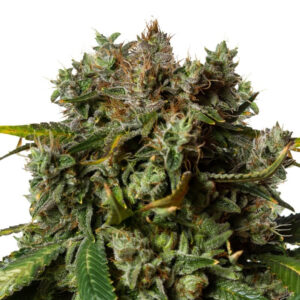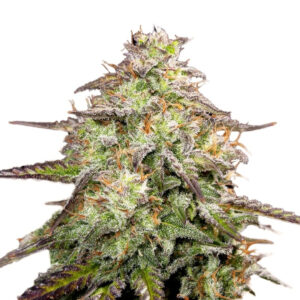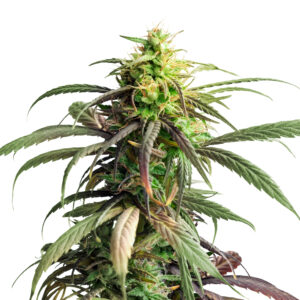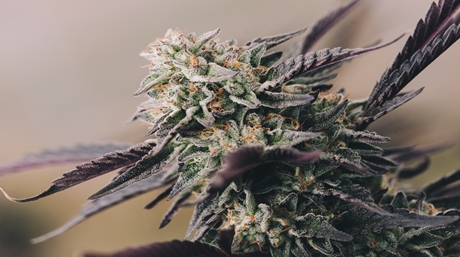As the use of cannabis becomes more widespread, many people are curious about how it might affect health conditions like hypertension, or high blood pressure. Understanding cannabis and hypertension is essential for anyone considering cannabis use, especially those with existing cardiovascular concerns.
In this article, we will explore the potential impacts of cannabis on blood pressure, discuss current scientific findings, and highlight important precautions. Whether you are a patient, healthcare professional, or just curious, gaining clear insights on the relationship between cannabis and hypertension can help guide safer decisions.
Hypertension, or high blood pressure, is a common medical condition affecting millions worldwide. It occurs when the blood pressure in the arteries remains elevated over time, forcing the heart to work harder to pump blood throughout the body.
This condition increases the risk of serious health issues such as heart attacks, strokes, and kidney disease. Often called the “silent killer,” hypertension can develop without noticeable symptoms, making regular monitoring crucial.
Understanding hypertension’s prevalence and risks helps to frame discussions about how cannabis might influence blood pressure and cardiovascular health, especially for those considering cannabis use in managing their condition.
The relationship between cannabis and hypertension is complex and not yet fully understood. Cannabis contains compounds like THC and CBD that can have varying effects on the cardiovascular system.
THC, the psychoactive component of cannabis, may cause temporary increases in heart rate and fluctuations in blood pressure shortly after consumption. Some studies report that THC can raise blood pressure initially, followed by a potential drop after the effects wear off.
On the other hand, CBD is generally considered to have calming effects and may help reduce blood pressure by promoting relaxation and vasodilation. However, the exact impact of CBD on hypertension is still being researched in the context of cannabis and hypertension.
Scientific studies have shown mixed results. For example, a 2017 study published in the Journal of Clinical Medicine suggested that cannabis use was associated with lower blood pressure in some patients, while other research warns about potential cardiovascular risks, especially in people with preexisting conditions related to cannabis and hypertension.
Given the complexity, it is essential for individuals with hypertension to approach cannabis and hypertension use cautiously and consult healthcare professionals to understand the potential risks and benefits based on their specific health profile.
When considering cannabis and hypertension, it’s important to weigh both potential benefits and risks.
Some users report that cannabis and hypertension management improves with CBD-rich products, which help reduce stress and anxiety, indirectly lowering blood pressure. CBD’s anti-inflammatory properties may also offer cardiovascular benefits, though more research is needed in the context of cannabis and hypertension.
However, cannabis use is not without risks. THC can cause increased heart rate and fluctuations in blood pressure, which may be dangerous for people with hypertension or other heart conditions. There are concerns about cannabis potentially triggering arrhythmias or other cardiac events in vulnerable individuals.
It is also worth noting that different methods of consumption (smoking, vaping, edibles) may have varied effects on the cardiovascular system. For example, smoking cannabis might have more immediate cardiovascular effects compared to oral consumption.
Given these factors, people with hypertension should exercise caution and seek medical advice before using cannabis products. Proper monitoring and professional guidance can help mitigate risks and maximize any potential therapeutic effects.
If you have hypertension and are considering using cannabis, it’s crucial to follow some key recommendations to ensure your safety.
By following these guidelines, patients with hypertension can better manage the potential risks while exploring any benefits that cannabis might offer.
The relationship between cannabis and hypertension remains complex and not fully understood. Current scientific studies offer mixed results, highlighting the need for further investigation.
Some research suggests that certain cannabinoids, especially CBD, may have vasodilatory effects that could help lower blood pressure and reduce stress. For example, a study published in the Journal of Clinical Investigation found that CBD might reduce resting blood pressure in healthy volunteers.
Conversely, THC has been shown in some studies to temporarily increase heart rate and blood pressure, which may pose risks for hypertensive patients.
There is also evidence that long-term cannabis use can affect cardiovascular health differently depending on factors like dosage, frequency, and individual susceptibility.
More rigorous, large-scale clinical trials are necessary to clarify these effects and provide clearer guidance for patients and healthcare providers.
In summary, the relationship between cannabis and hypertension involves both potential therapeutic effects and risks. While CBD may help reduce blood pressure, THC’s impact can vary and sometimes increase cardiovascular stress. Patients with hypertension should always consult medical professionals before using cannabis to ensure safe use.
To learn more about cannabis strains and their effects, you might find our article on CBD vs THC: Differences and Effects helpful.













Related Posts

There are more and more new ways to enjoy cannabis without having to smoke it.

Purple cannabis strains look exotic and usually carry cool names like Black Cherry Soda or Grandaddy Purple. Is their deep purple pigment a sign of potency or do they taste any different than your regular green weed? Read on to find out.

And pretty much anyone else nowadays can tell you that identifying cannabis is largely linked to smell. It the unmistakeable aroma that suddenly turns you into a hound dog when you in public and you smell weed. You sniff it out until you see who is the lucky bastard with the joint.